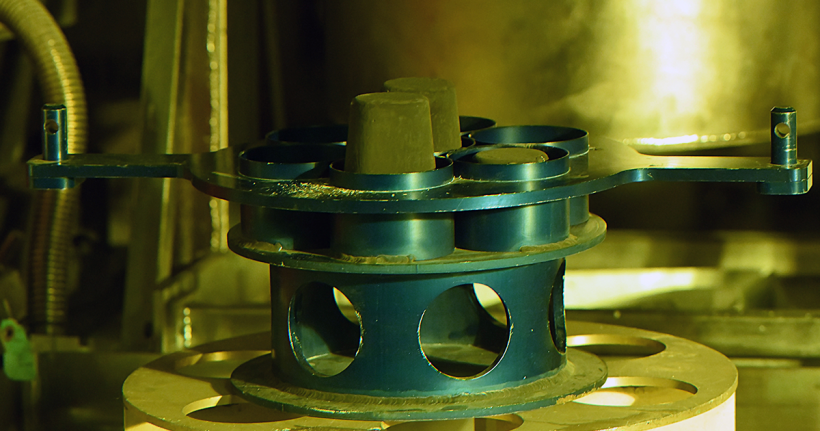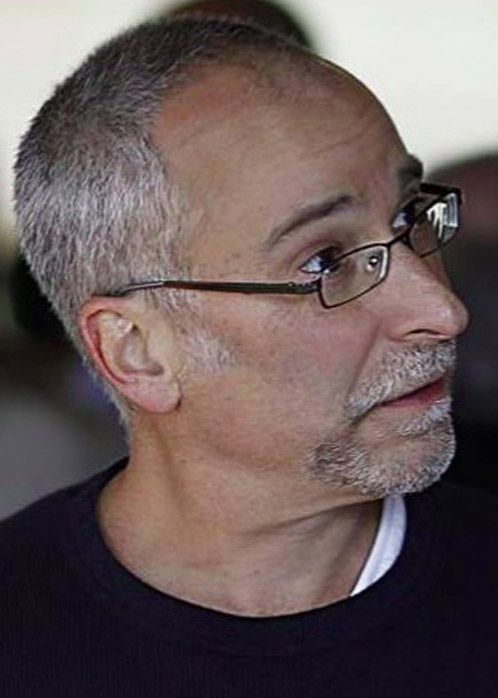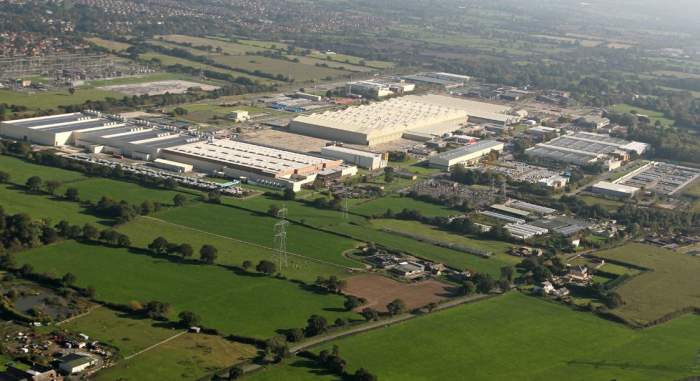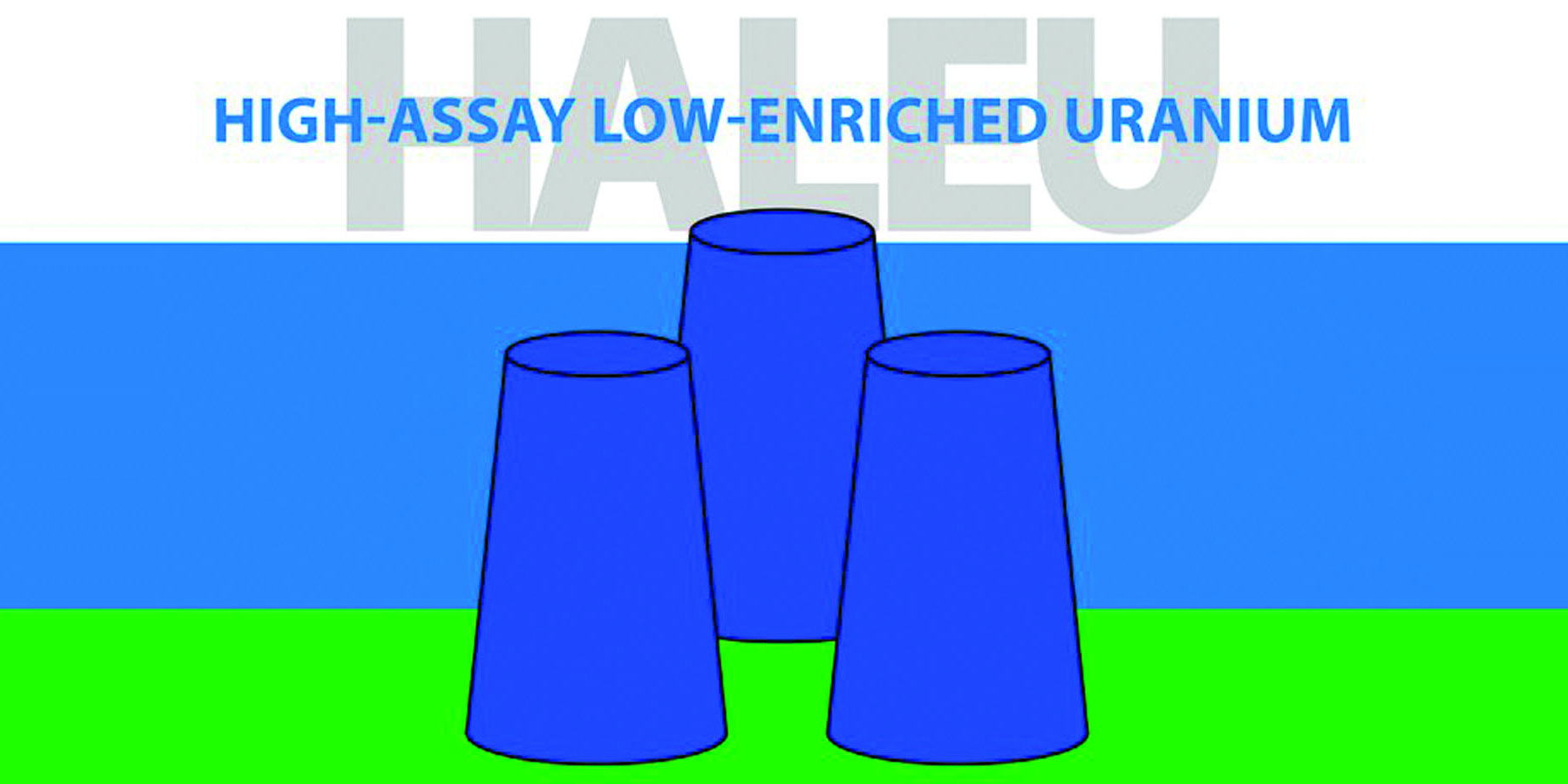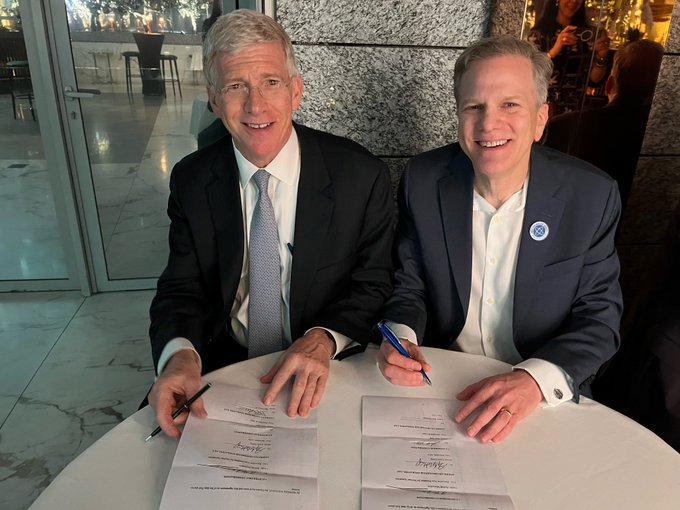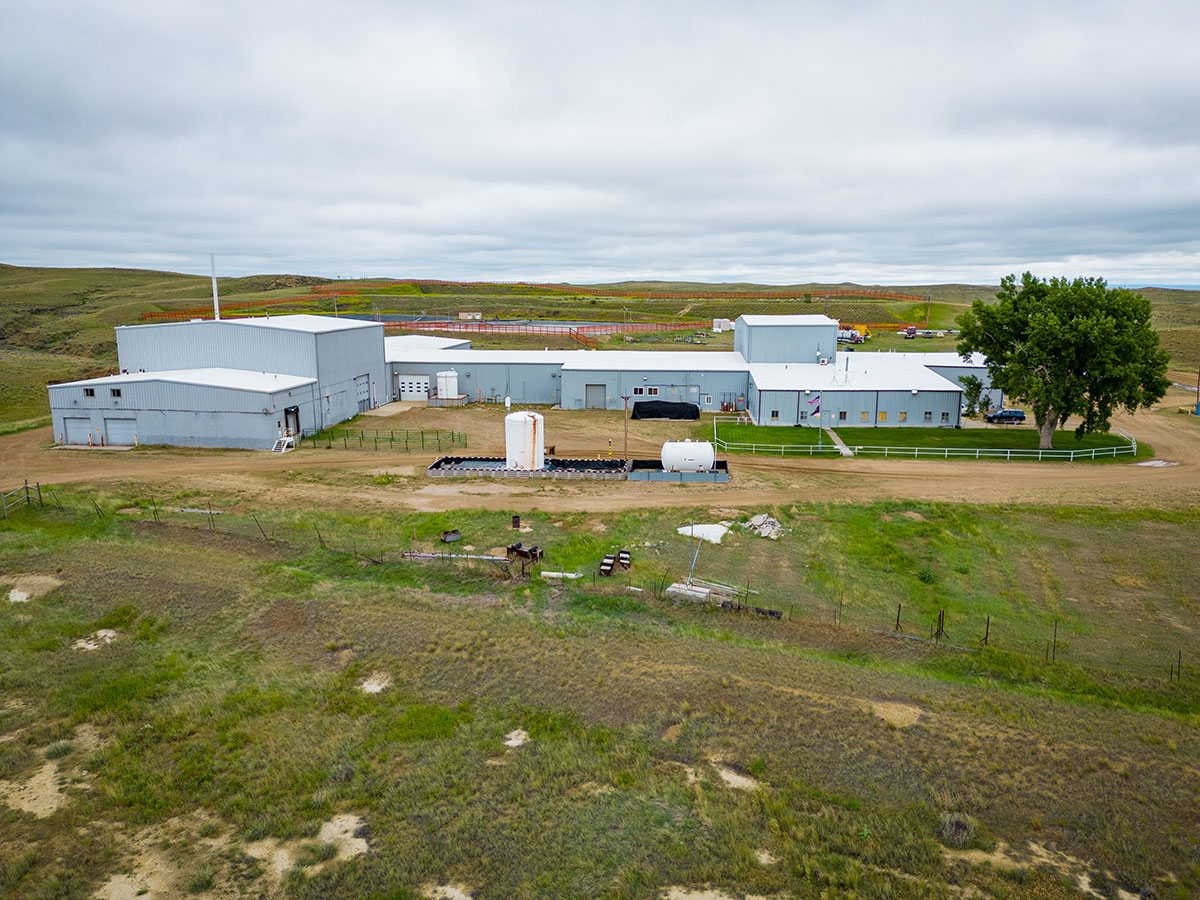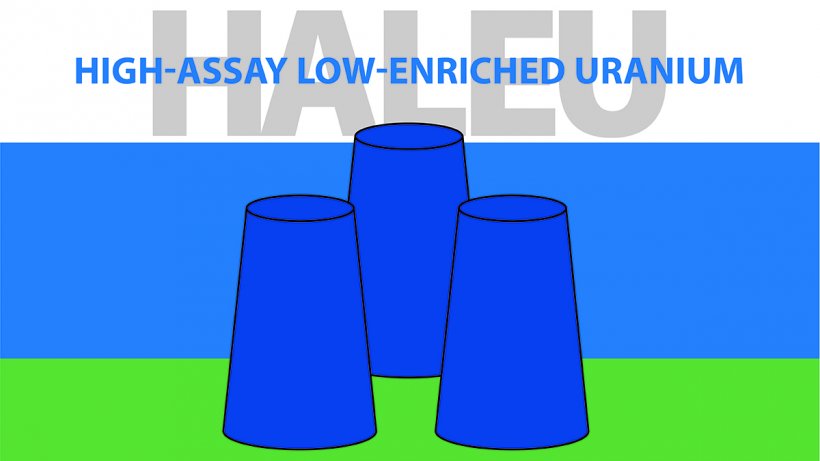HALEU reguli fabricated from downblended high-enriched uranium recovered from legacy EBR-II fuel at Idaho National Laboratory. (Image: DOE)
The Department of Energy yesterday announced a draft environmental impact statement (EIS) on HALEU Availability Program plans to purchase high-assay low-enriched uranium under 10-year contracts to seed the development of a sustainable commercial HALEU supply chain.
Urenco UK’s Capenhurst enrichment site, which received a grant in July 2023 to prepare for HALEU enrichment. (Photo: Urenco UK)
The United Kingdom’s Department for Energy Security and Net Zero announced plans on January 7 to invest £300 million (about $383 million) to build a high-assay low-enriched uranium (HALEU) enrichment facility in northwest England. The goal? To “end Russia’s reign as the only commercial producer of HALEU.” Britain is now the first European country to declare that it will begin HALEU enrichment in a bid for supply chain security.
The Irigaray central processing plant, in Wyoming’s Powder River Basin. (Photo: Uranium Energy)
TerraPower and Uranium Energy announced today that they have signed a memorandum of understanding to “explore the potential supply of uranium” for TerraPower’s demonstration reactor in Kemmerer, Wyo.
The project team included (from left to right) Jennifer Watkins, Seth Ashby, and Adrian Wagner. (Photo: INL)
Researchers at Idaho National Laboratory in early 2023 manufactured commercial-grade high-assay low-enriched uranium (HALEU) fuel pellets to the specifications of a General Electric accident tolerant fuel design, INL announced November 21. A team working at INL’s Experimental Fuels Facility at the Material and Fuels Complex fabricated about two dozen uranium dioxide pellets using HALEU enriched up to 15 percent U-235.
Centrus Energy staff posing in front of the American Centrifuge Plant. (Image: Centrus Energy)
Centrus Energy and the Department of Energy announced November 7 that Centrus has produced 20 kilograms of HALEU at the DOE-owned American Centrifuge Plant in Piketon, Ohio, satisfying Phase One of a DOE contract to stand up and operate 16 advanced centrifuges. Centrus will now move on to Phase Two of the contract, which requires a full year of HALEU production at a rate of 900 kilograms per year.
Rep. Jeff Duncan (Image: House.gov)
At a legislative markup session last week, a House Energy and Commerce subcommittee approved 17 energy bills for consideration by the full E&C committee, including 12 measures to boost and streamline the deployment of nuclear power. The nuclear-related bills cleared the subcommittee by voice vote with bipartisan support.
“Our shared goal in this committee is to advance bipartisan, durable policy that will expand nuclear energy and its benefits for the nation,” said Rep. Jeff Duncan (R., S.C.), chair of the E&C’s Energy, Climate, and Grid Security Subcommittee, in his opening remarks on October 24. “Chair Rodgers, ranking members Pallone and DeGette, and I sent a bipartisan request for information to a variety of stakeholders this past April. Based on feedback from this request and the hearings we’ve had since, it’s clear that more can be done to modernize the Nuclear Regulatory Commission and Department of Energy to advance nuclear energy in this country.”




